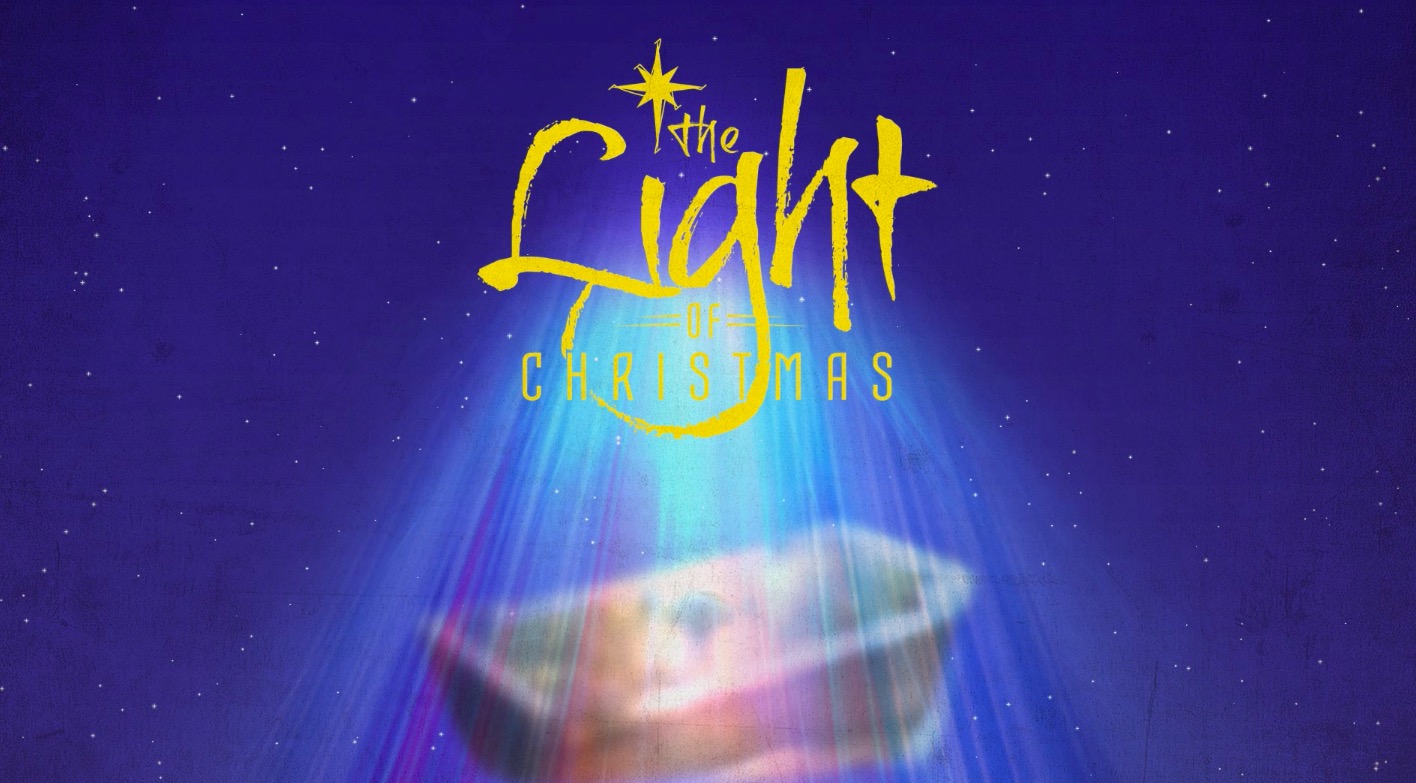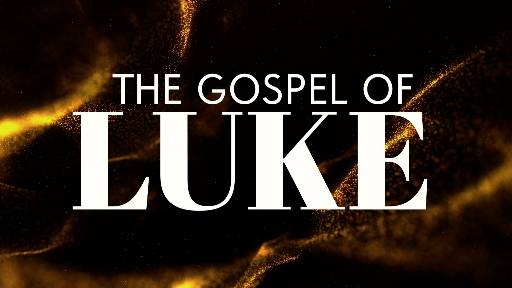-
There Is Power Hidden In Mary’s Song, The Magnificat.
Contributed by Gordon Mcculloch on Dec 23, 2018 (message contributor)
Summary: There is power in Mary’s song, and power that you need to see as it is not just a song in response to her situation, the future mother of God.
This sermon was delivered Gordon McCulloch to the congregation at Holy Trinity in Ayr, Ayrshire, Scotland on the 23rd December 2018; Holy Trinity is a Scottish Episcopal Church in the Dioceses of Glasgow and Dumfries.
Micah 5:2-5a Hebrews 10:5-10 Luke 1:39-45, (46-55) Canticle 15 Psalm 80:1-7
“Please join me in a short prayer.” Let the words of my mouth, and the meditation of our hearts, be acceptable in your sight, O Lord, our strength, and our redeemer. Amen. (Ps. 19:14)
1. Introduction
We have just heard in our gospel reading this morning, the passage of scripture known as Mary’s song, probably better known as the Magnificat … the Magnificat being one of the more powerful songs in our Christian walk of faith.
The late Professor William Barclay once wrote "There’s a loveliness in the Magnificat but in that loveliness there’s dynamite" … and its dynamite because it turns the world’s values upside down. … And I will give you an example; I read somewhere that in the last days of British Raj, there was a Christian community that was regularly visited by the police because of its known sympathies with Indian nationalism, and the then archbishop of Canterbury at the time, William Temple, went on to warn the church leaders not to include the Magnificat in his church services, telling them that "it’s a revolutionary canticle, that could provoke trouble". … So you like me, when we hear words of don’t do something, we have got to ask why; why not, what am I missing?
To understand the Magnificat we have to go back a week or so before it was composed to see its significance … where Mary herself was a simple peasant girl living in Nazareth, looking forward to her big wedding, probably with a gleam in her eyes, and a spring in her step. … She was to be married to Joseph, a respected local carpenter, a master tradesman … but he was also a special man, … a man descended from the royal line of David, and this would have been known.
Her wedding made her all excited, when suddenly she had a visitor … someone she’d never seen before, but someone who filled the room with an awesome presence, making her feel small and afraid. … She’d been visited by a heavenly being, the archangel Gabriel no less.
And this angel said to her in verse 28, “Hail, you are highly favoured, the Lord is with you: blessed art you among women”. … She wasn’t expecting that, eh! Can you imagine someone with that kind of presence and authority appearing unto any of us and saying, “you have found favour with God”? I mean, we would probably say something like, “well I have tried, I have tried very hard in fact”, but deep down, we know that in comparison to what is expected from us, and we have all failed. … And then … could you imagine that same person now treating us, as someone of great importance? … I certainly can’t, but that is what happened to Mary.
And so we can understand a little why Mary became troubled … a few moments ago she the happiest girl in town … and now some stranger, some otherworldly being, had singled her out for something that she was totally unprepared for … to be the mother of "the Son of the Most High", who would be given "the throne of his father David ... and whose kingdom will never end."
This is mind-blowing; it’s beyond her and our understanding, and then … she is told that the “the Holy Spirit will come upon” her, “and the power of the Most High will overshadow” her and impregnated her, despite being a virgin.
Holy Spirit …virgin … impregnated … Wow, this is too much, but Gabriel reassured her that "nothing is impossible with God", and then he went on to announce some startling family news that Mary’s much older cousin, Elizabeth … who had long given up hope of bearing children, was in fact already expecting a baby!
Anyway, with all this going on, Mary had no choice but to go and see Elizabeth, and share experiences, and try and make some sense of it all. … And this must have been so troublesome, as there where implications … because the Jewish Law could be brutal, condemning sex, and even children born out of wedlock.
And to add to all this … every Jew in the nation knew of this promised Messiah and here was Mary … to be his mother … and do you think she had the ability to raise such a child? … I don’t know, but these thoughts must have entered her mind as she journeyed to Jerusalem to visit Elizabeth and her husband, Zechariah. And Zechariah by the way, was a priest … who had himself had an unexpected angelic visitation, but a visitation which left him blind. … That in a nutshell is the background to Mary’s Song, and what a background it is, but it highlights two important points, the first being a record of Mary’s personal testimony, and the second a prophetic testimony.

 Sermon Central
Sermon Central



